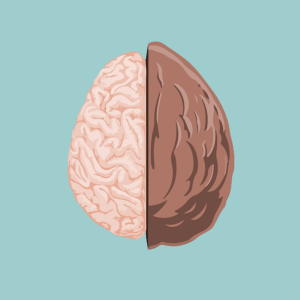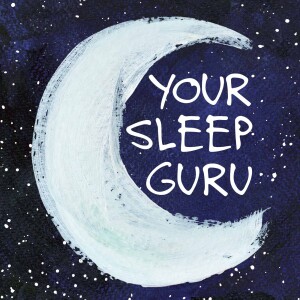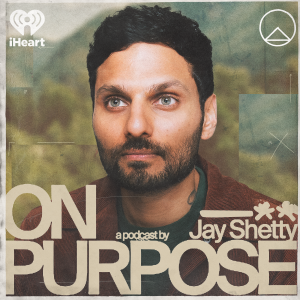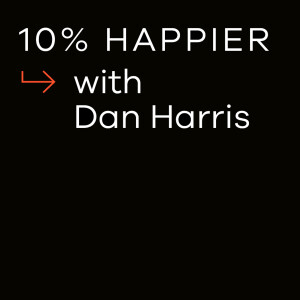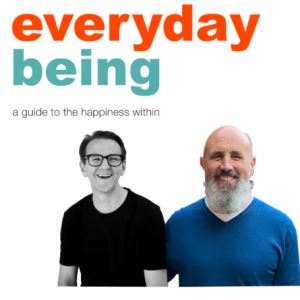

In this episode we explore applying the Everyday Being perspective to the challenging subject matter of confidence.
We look at confidence from two perspectives:
- Confidence in ourselves
- Confidence to do something
We start by discussing the most significant challenge for us, which is identifying the interferences that get in the way of accessing confidence - an innocent misuse of our thinking e.g.,
- Trying to control what others think of us - when meeting someone new we worry about what they might think about us and/or we try too hard to make a positive impression – we have absolutely no control over what they will think about us or how they will perceive us
- self-judgements - we have negative self-judgements about ourselves, e.g., someone who thinks that they are not very good at talking in front of groups, even though other people see them doing it and see them as very confident and competent
- Over invested in an outcome – our focus, energy and interest is on the outcome. We very rarely control the outcome of something. If we did, we would always have everything that we focused on. The problem is that deep down our unconscious mind knows that we don’t control the outcome. This therefore inadvertently creates anxiety. Paradoxically this has a negative impact on the very thing that gives us the best opportunity of achieving the outcome, which is our engagement. In sport the mantra is often focus on the process, i.e., your engagement and not on the result. In business and life you see it with the salesperson that is so focused on the sale that they don’t build the engagement and the relationship with the buyer. We are very sensitive to when we are being pushed.
We then go on to discuss how confidence in ourselves comes from our ‘being’. Young children before the age of around three don’t have any major problems with their confidence. At times parents might need to step in to protect them from themselves. As the sense of a separate self develops and we start to pick up messages about what is right, what is wrong, what we get rewarded or punished for etc, we become overly self-conscious. If you think about it this creates low confidence because we are so focused on ourselves that we lose the connection to our external circumstances.
As we’ve mentioned before being, present and aware are the same thing. We know we are always having an experience because we are being here now, at every moment of our lives. We have all had the experience of being completely present and in the moment.
How do you build on this so that it becomes part of your everyday life?
Doing the work on who you are being.
As we’ve mentioned before if you want to look at who you are being looking at what you are currently doing. How you are going about your life. What experience you are creating for yourself. What experience you are creating for the people around you.
This takes work. It is a creation and a daily recreation.
It is a personal inquiry.
Our experience is that when people first start to explore this, they find many positive qualities to their being. And they also find some aspects of their being that they don’t like or want. These often highlight some things to explore related to our book of law:
- The limiting beliefs we have about ourselves or others, e.g. I should be perfect in everything that I do. Other people should treat in the way I want etc.
- The judgements we hold about ourselves, others, and life. We start to see life in a very black and white way. We objectify ourselves and other people – seeing in a very one dimensional way – good/bad, right/wrong etc. Certainty about something is a warning sign
- Expectations of ourselves, others, and life. We start relating to life as it isn’t rather than how it is. As the spiritual teacher and author Byron Katie says you will only lose this battle 100% of the time. The words “Should”, “Shouldn’t”, “Must” betray these judgements
Clarifying your sense of ‘being’ helps you to focus on the qualities that you want to embody. It also helps you focus on the things that you can control
More Episodes
All Episodes>>Create Your Podcast In Minutes
- Full-featured podcast site
- Unlimited storage and bandwidth
- Comprehensive podcast stats
- Distribute to Apple Podcasts, Spotify, and more
- Make money with your podcast
